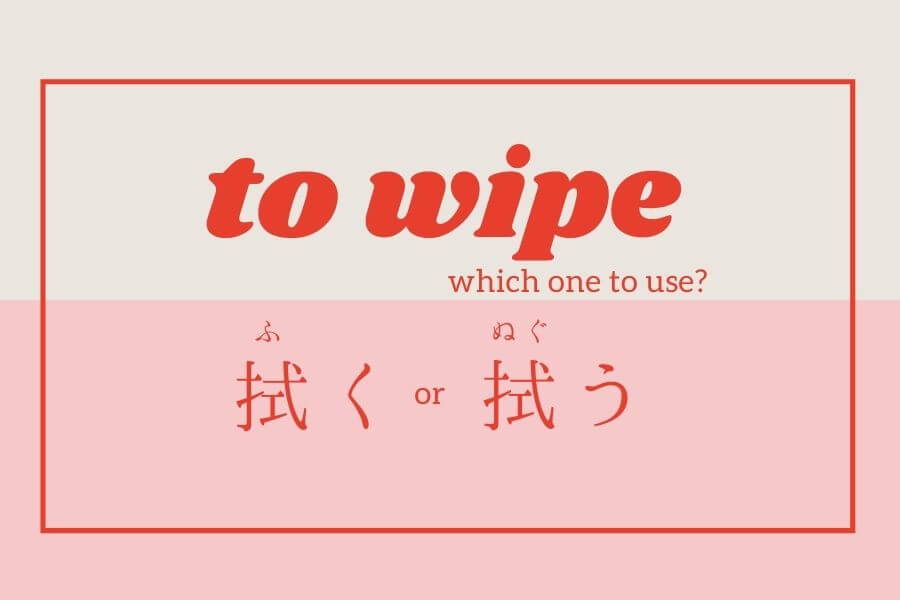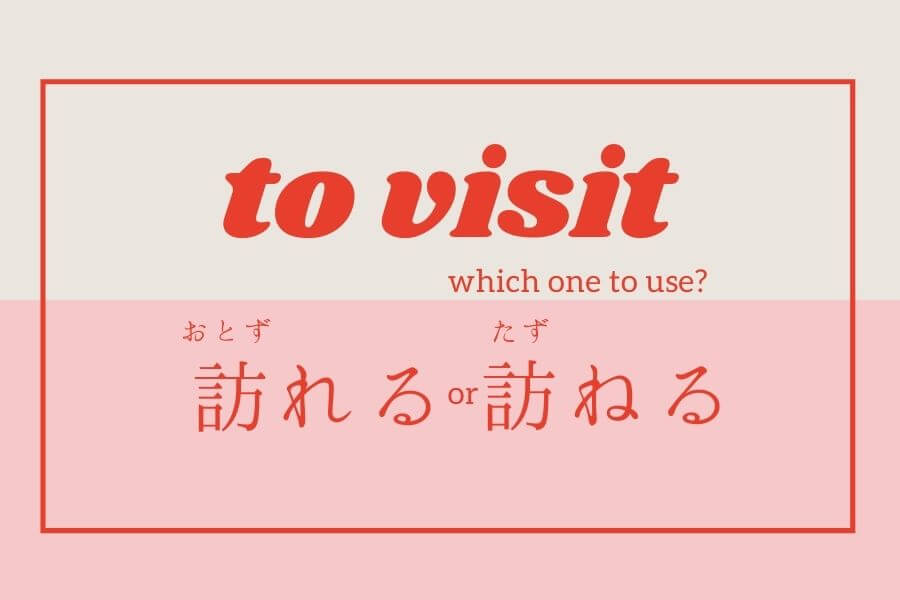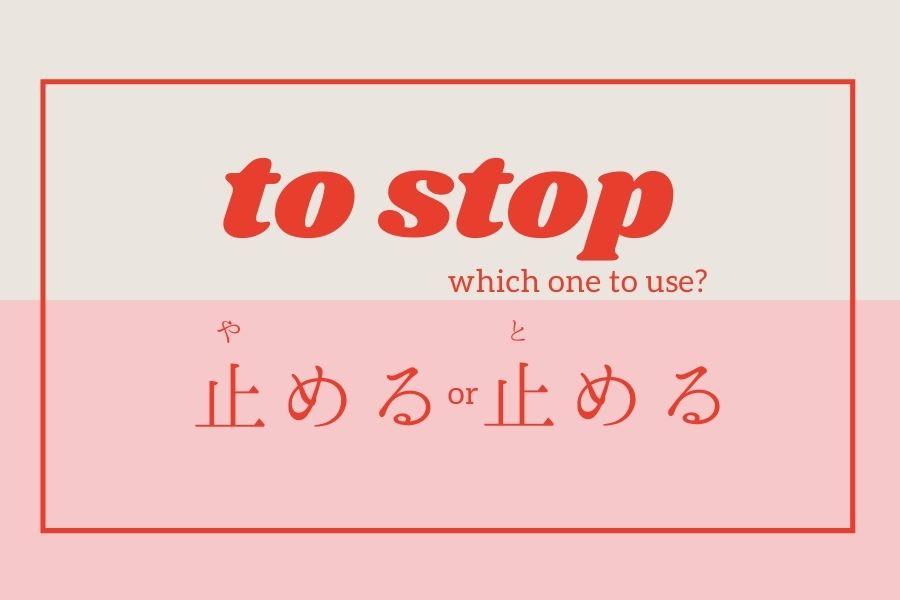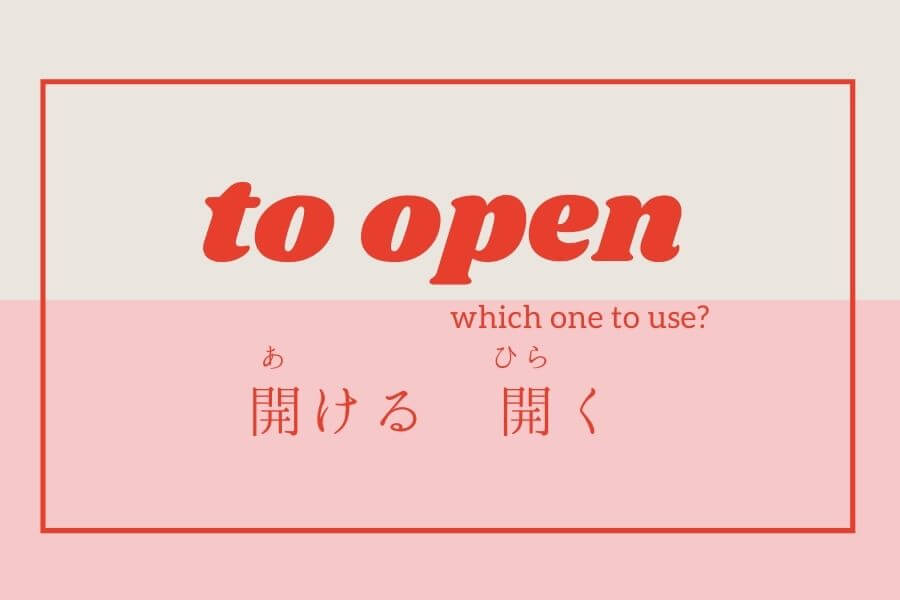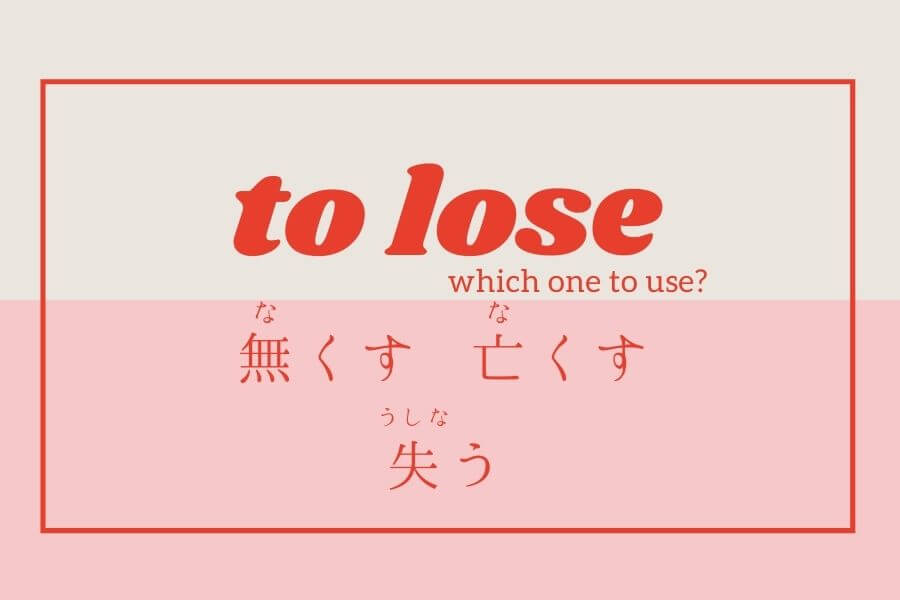Both 拭く(ふく) and 拭う(ぬぐう) means to wipe something, however there is a nuance. Cases both of them work 汗を拭く 汗を拭う to wipe sweat 涙を拭く 涙を拭う to wipe tears 汚れを拭く 汚れを拭う to wipe filth In case of both 拭く(ふく) and 拭う(ぬぐう)work, 拭く(ふく) sounds better, like you are a well educated person. On the other hand, 拭う(ぬぐう) sounds …
